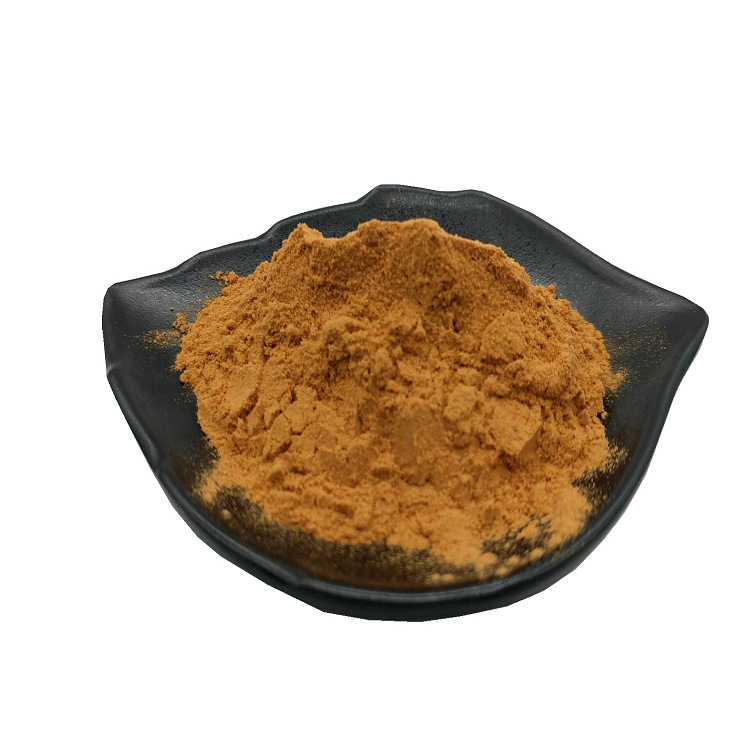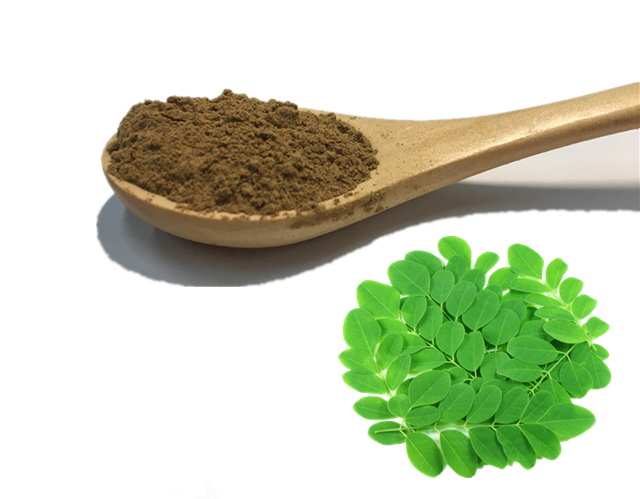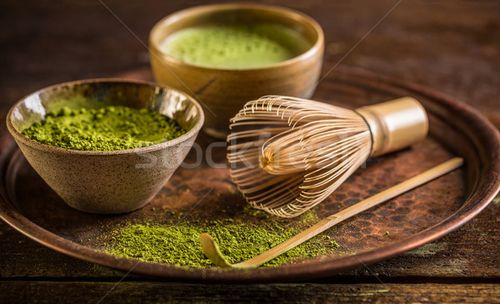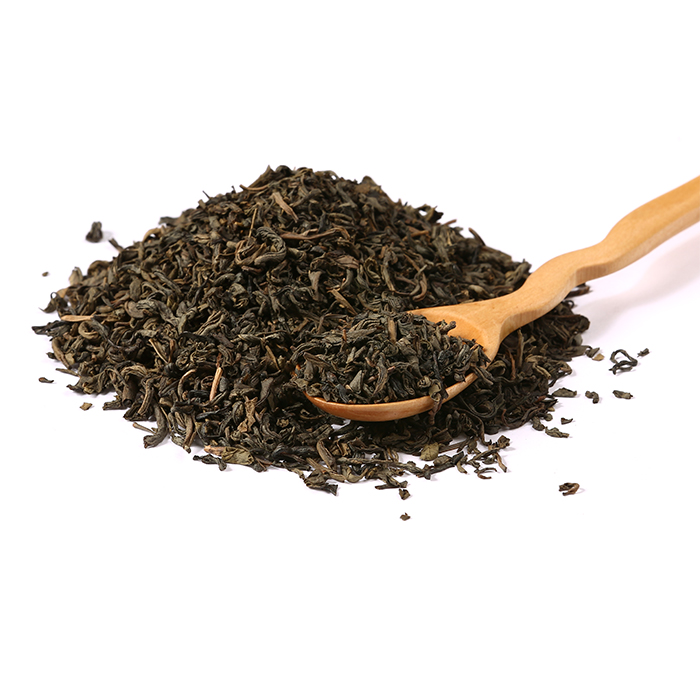Content Menu
● Introduction
● Understanding Green Tea Extract
● The Health Benefits of Green Tea Extract
● Green Tea Extract and Cardiovascular Health
● Understanding Heart Palpitations
● The Caffeine Factor
● Green Tea Extract and Heart Palpitations: The Evidence
● Potential Mechanisms
● Safety Considerations and Recommendations
● Conclusion
● Questions and Answers
Introduction
Green tea, a beverage steeped in tradition and revered for its potential health benefits, has gained immense popularity worldwide. As more people turn to natural remedies and supplements, green tea extract has emerged as a concentrated form of this ancient elixir. However, with its rising popularity comes increased scrutiny and questions about its safety. One particular concern that has garnered attention is whether green tea extract can cause heart palpitations. This article delves deep into the science behind green tea extract, its effects on the cardiovascular system, and the potential link to heart palpitations.

Understanding Green Tea Extract
Green tea extract is a concentrated form of green tea, typically available in capsules or liquid form. It contains high levels of polyphenols, particularly catechins, which are powerful antioxidants. The most abundant and well-studied catechin in green tea is epigallocatechin gallate (EGCG). These compounds are believed to be responsible for many of the health benefits associated with green tea consumption.
The Health Benefits of Green Tea Extract
Before delving into the potential concerns, it's important to acknowledge the numerous health benefits associated with green tea extract. Research has shown that regular consumption of green tea or its extract may:
◆ Support cardiovascular health
◆ Aid in weight management
◆ Enhance cognitive function
◆ Boost the immune system
◆ Provide anti-inflammatory effects
◆ Potentially reduce the risk of certain types of cancer
These benefits are largely attributed to the high concentration of catechins and other bioactive compounds found in green tea extract.

Green Tea Extract and Cardiovascular Health
Numerous studies have investigated the effects of green tea extract on cardiovascular health. The results have been largely positive, suggesting that green tea extract may:
◆ Lower blood pressure
◆ Reduce LDL cholesterol levels
◆ Improve endothelial function
◆ Decrease inflammation in blood vessels
◆ Enhance overall heart health
These cardiovascular benefits are primarily attributed to the antioxidant and anti-inflammatory properties of green tea catechins. They help protect the heart and blood vessels from oxidative stress and reduce the risk of atherosclerosis.
Understanding Heart Palpitations
Before we can address whether green tea extract can cause heart palpitations, it's crucial to understand what heart palpitations are. Heart palpitations are sensations of a rapid, fluttering, or pounding heart. They can be felt in your chest, throat, or neck and may occur during activity or even when you're sitting still or lying down.
Palpitations can be caused by various factors, including:
◆ Stress and anxiety
◆ Caffeine consumption
◆ Certain medications
◆ Hormonal changes
◆ Dehydration
◆ Electrolyte imbalances
◆ Underlying heart conditions
It's important to note that while palpitations can be alarming, they are often harmless. However, in some cases, they may indicate a more serious heart condition and should be evaluated by a healthcare professional.

The Caffeine Factor
One of the primary reasons why green tea extract might be associated with heart palpitations is its caffeine content. Green tea naturally contains caffeine, and the extract form can concentrate this stimulant. Caffeine is known to have several effects on the cardiovascular system, including:
◆ Increased heart rate
◆ Elevated blood pressure
◆ Enhanced alertness and energy
For some individuals, particularly those sensitive to caffeine or consuming it in large amounts, these effects can manifest as heart palpitations. It's worth noting that the caffeine content in green tea extract can vary significantly depending on the brand and preparation method.
Green Tea Extract and Heart Palpitations: The Evidence
While anecdotal reports of heart palpitations associated with green tea extract consumption exist, scientific evidence directly linking the two is limited. Most studies focusing on green tea extract and cardiovascular health have not reported significant increases in heart palpitations as a side effect.
However, some research has suggested that high doses of green tea extract, particularly those containing concentrated EGCG, may have potential cardiovascular effects. These effects are more likely to occur in individuals who:
◆ Are sensitive to caffeine
◆ Have pre-existing heart conditions
◆ Are taking certain medications that may interact with green tea extract
◆ Consume excessive amounts of green tea extract
It's important to emphasize that these potential effects are typically associated with high doses of green tea extract, far exceeding the amounts found in regular green tea consumption or moderate supplement use.

Potential Mechanisms
If green tea extract does indeed cause heart palpitations in some individuals, several mechanisms could be at play:
1. Caffeine stimulation: As mentioned earlier, the caffeine content in green tea extract could directly stimulate the heart and nervous system, leading to palpitations in sensitive individuals.
2. Catechin effects on ion channels: Some research suggests that catechins, particularly EGCG, may interact with ion channels in heart cells. This interaction could potentially affect heart rhythm, although more research is needed to confirm this mechanism.
3. Interactions with medications: Green tea extract may interact with certain medications, particularly those affecting heart rhythm or blood pressure. These interactions could potentially lead to palpitations in some cases.
4. Individual sensitivity: Some people may be more sensitive to the bioactive compounds in green tea extract, experiencing effects that others do not.
Safety Considerations and Recommendations
While green tea extract is generally considered safe for most people when used in moderation, it's important to consider the following recommendations:
1. Consult a healthcare professional: Before starting any new supplement regimen, including green tea extract, it's wise to consult with a healthcare provider, especially if you have pre-existing health conditions or are taking medications.
2. Start with low doses: If you choose to use green tea extract, start with a low dose and gradually increase it while monitoring for any adverse effects.
3. Be aware of caffeine content: Pay attention to the caffeine content in green tea extract supplements and consider your overall caffeine intake from all sources.
4. Choose reputable brands: Select green tea extract supplements from reputable manufacturers that provide clear information about their products' composition and undergo third-party testing.
5. Monitor your body's response: Pay attention to how your body responds to green tea extract. If you experience palpitations or other concerning symptoms, discontinue use and consult a healthcare professional.
6. Consider decaffeinated options: If you're particularly sensitive to caffeine but still want to enjoy the benefits of green tea, consider decaffeinated green tea extract options.
7. Maintain a balanced approach: Remember that while supplements can be beneficial, they should not replace a healthy diet and lifestyle. Focus on a balanced approach to health that includes a variety of nutrient-rich foods and regular physical activity.

Conclusion
Green tea extract offers numerous potential health benefits, particularly for cardiovascular health. While concerns about its potential to cause heart palpitations exist, scientific evidence directly linking the two is limited. The caffeine content and high concentration of bioactive compounds in green tea extract may affect some individuals, particularly at high doses or in those with pre-existing sensitivities.
As with any supplement, it's crucial to approach green tea extract use with caution and awareness. By following safety recommendations, consulting healthcare professionals, and listening to your body, you can make informed decisions about incorporating green tea extract into your health regimen.
Ultimately, the relationship between green tea extract and heart palpitations is complex and likely varies from person to person. As research in this area continues to evolve, maintaining an open dialogue with healthcare providers and staying informed about the latest scientific findings will help ensure that you can safely enjoy the potential benefits of green tea extract while minimizing any risks.
Questions and Answers
Q: Can drinking regular green tea cause heart palpitations?
A: While it's less likely than with concentrated green tea extract, some individuals who are sensitive to caffeine may experience palpitations from drinking large amounts of regular green tea. Moderation is key, and if you experience any concerning symptoms, it's best to consult a healthcare professional.
Q: How much green tea extract is considered safe to consume daily?
A: The safe amount can vary depending on the individual and the specific product. Generally, doses of 250-500 mg of green tea extract per day are considered safe for most adults. However, it's always best to follow the manufacturer's recommendations and consult with a healthcare provider.
Q: Are there any groups of people who should avoid green tea extract?
A: Certain groups should be cautious or avoid green tea extract, including pregnant or breastfeeding women, people with liver problems, those with heart conditions, and individuals taking blood thinners or certain other medications. Always consult a healthcare provider before starting any new supplement.
Q: Can decaffeinated green tea extract still cause heart palpitations?
A: While less likely, decaffeinated green tea extract could potentially cause palpitations in some individuals due to its other bioactive compounds. However, the risk is significantly lower compared to caffeinated versions.
Q: How can I tell if my heart palpitations are caused by green tea extract?
A: If you suspect green tea extract is causing your palpitations, try discontinuing its use for a few weeks and see if the symptoms improve. Keep a diary of your symptoms and when they occur. If palpitations persist or worsen, consult a healthcare professional for a thorough evaluation.

 English
English 






























